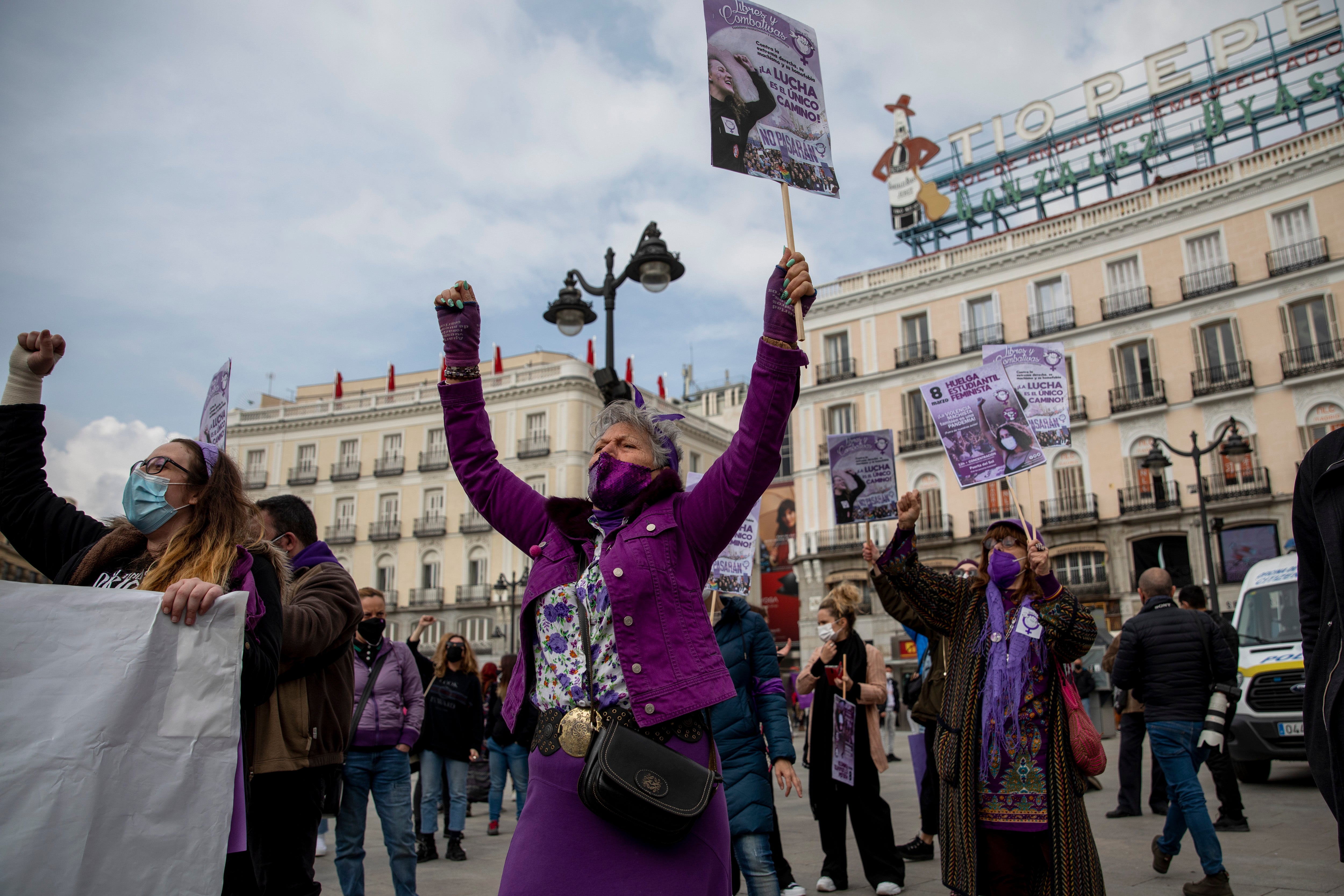Outcry after Spanish judge throws out landmark case of women secretly filmed urinating
Over 100 women, including minors were secretly filmed urinating due at the A Maruxaina festival

Your support helps us to tell the story
From reproductive rights to climate change to Big Tech, The Independent is on the ground when the story is developing. Whether it's investigating the financials of Elon Musk's pro-Trump PAC or producing our latest documentary, 'The A Word', which shines a light on the American women fighting for reproductive rights, we know how important it is to parse out the facts from the messaging.
At such a critical moment in US history, we need reporters on the ground. Your donation allows us to keep sending journalists to speak to both sides of the story.
The Independent is trusted by Americans across the entire political spectrum. And unlike many other quality news outlets, we choose not to lock Americans out of our reporting and analysis with paywalls. We believe quality journalism should be available to everyone, paid for by those who can afford it.
Your support makes all the difference.A Spanish court has dismissed a case where several women were secretly filmed urinating in public and videos were subsequently uploaded on to porn websites.
Strategically placed hidden cameras recorded at least 100 women, including minors urinating in a side street due to lack of facilities at the A Maruxaina festival in the northwestern town of Cervo in 2019.
The videos, which showed close-ups of women's faces and genitals, were then uploaded on porn websites.
Judge Pablo Muñoz Vázquez shelved the case as the recordings were made “in the middle of the public thoroughfare and not in a private space reserved for the knowledge of other people,” so it does not consider a crime against privacy.
The judge refused to acknowledge the crime against moral integrity because "the tendency to break the physical and moral resistance" of those affected is not appreciated.
The court concluded that obtaining images without consent on public roads cannot be prosecuted by criminal means, but must be approached by the civil route.
Following the discovery of the videos, those affected took legal action in 2020, demanding an investigation against those behind the crime. They protested that the author of the recordings be investigated on the grounds that their right to intimacy had been violated.
However, a local court in Viveiro town threw out the lawsuit on the grounds that the women were urinating in public "where they could be seen by anyone passing by".
The prosecutor's office in its appeal against the order said: "The fundamental right to personal privacy is not a right that is exercised exclusively in private or closed areas, but a right of broad content that the person carries with him at all times.”
The initial court decision prompted a massive rally in Lugo where thousands of women marched for their rights and an online campaign using the hashtag #XustizaMaruxaina (Justice Maruxaina) has started.
The survivors and rights group, Women for Equality Burela (Bumei), has filed an appeal against the order to dismiss the case.
“We are not going to give up on our efforts. All we ask is that justice is done and that these events do not go unpunished because it would create a very dangerous precedent," Mary Fraga, president of the organisation told El Pais.
Responding to the dismissal of the case, Spain's minister of equality Irene Montero said, "taking photos of a woman without her consent and spreading them is sexual violence.
"A woman on the street or in public space still has her right to privacy intact. Advances in women's rights have to be applied from all branches of the State," she added.
María Jesús Lorenzana minister of employment and equality of the regional government of Galicia, expressed her “rejection” of this of conduct, which “affects the dignity and privacy of women”.
In Spain, there is no specific legislation to stop upskirting, the incident of recording or taking photographs in public spaces under the skirt of women without their consent. However, it is considered part of the crime against intimacy under article 197 of the Penal Code.
Join our commenting forum
Join thought-provoking conversations, follow other Independent readers and see their replies
Comments